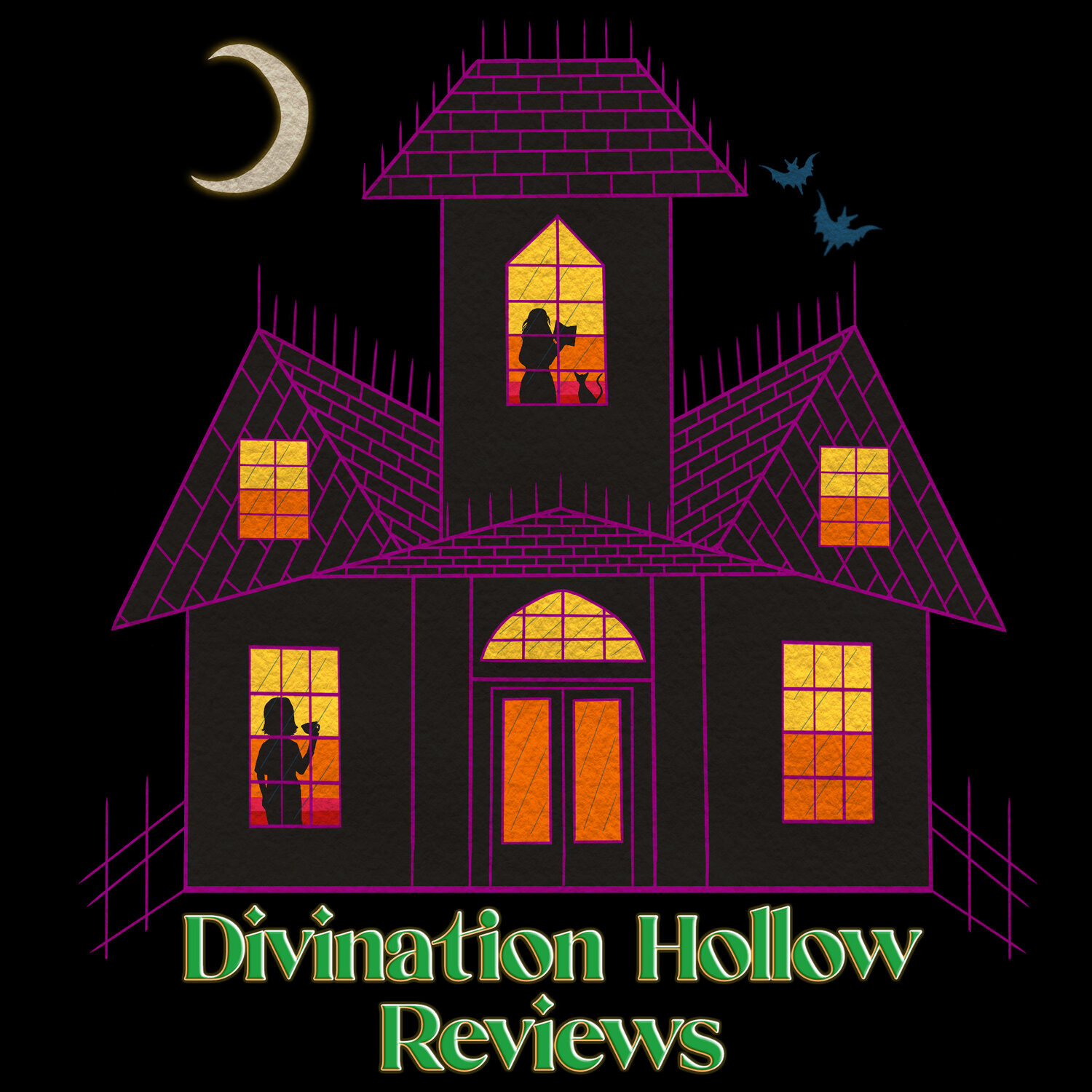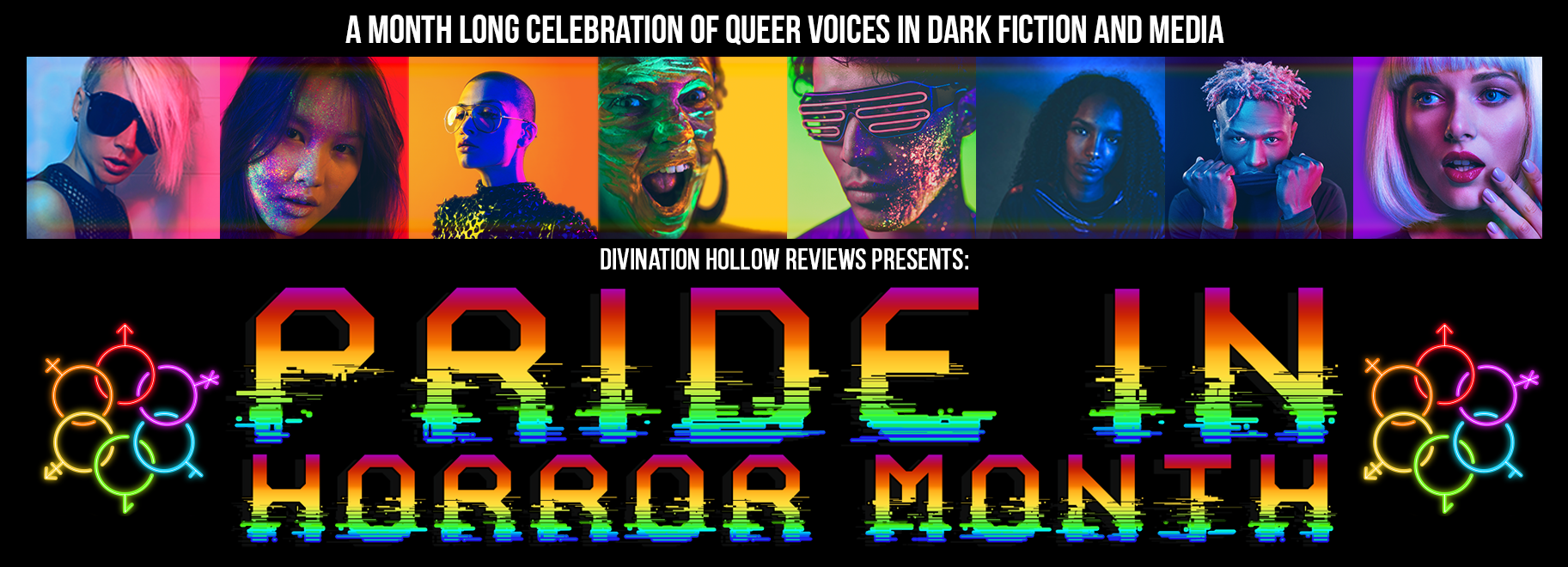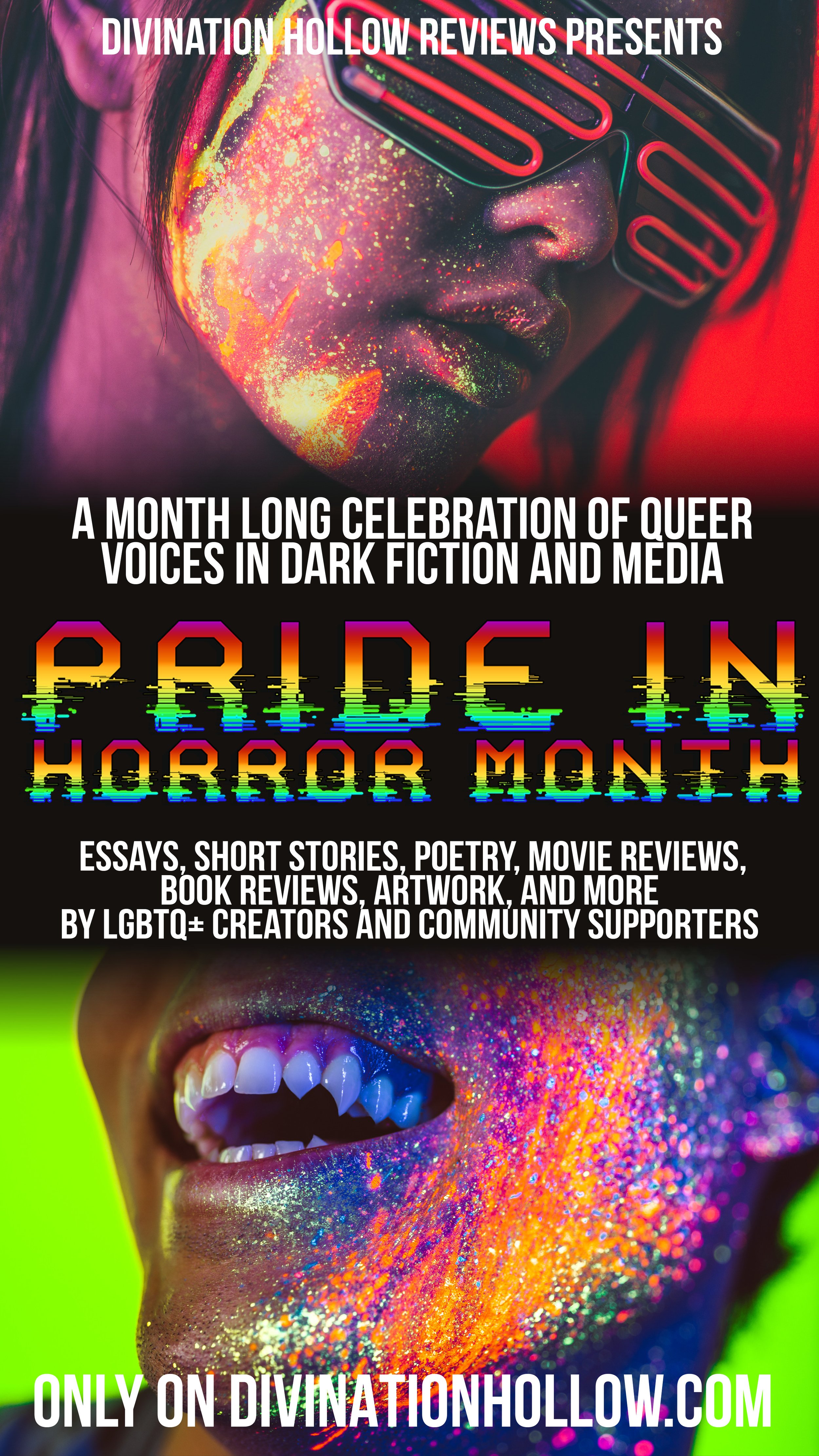PIHM Book Review: Gay Aliens and Queer Folk: How Russell T Davies Changed TV by Emily Garside
Genre: Non-Fiction - Entertainment
Age: Adult
Format: Hardback
Russell T Davies’ impact on Welsh and queer TV in the UK cannot be talked about enough, as far as I’m concerned. To be a teenager when the returning Doctor Who series with Christoper Eccleston aired meant you’d grown up under Section 28, and with very little Welsh representation that wasn’t either a different language (S4C) or wasn’t portraying us as simple minded, ‘quaint’ folk, if not worse.
I was a little too young for Davies’ pre-Doctor Who work, and there were quite a few shows mentioned through this book I haven’t (yet) seen, but Garside’s passion and dedication to highlighting Davies’ output and how he’s pushed queer representation forward is so clear. It’s definitely made me keen to go back to look at Queer as Folk, Bob and Rose, and the others.
Garside reiterates throughout how much pressure was put on Davies, especially following Queer as Folk, as one of (if not the) major queer voices at that time. We still see it today, but as Garside stresses, we cannot expect all representation to come from one show or one creator. She also reflects on the way general attitudes have allowed Davies to shift to his stance of casting queer actors in queer roles, and where this is reflected in It’s a Sin and Years and Years, both excellent. Following his career in this way really allows for room to see the impact he’s had. Davies himself has always been committed to telling queer stories, and his work on both Doctor Who and Torchwood helped create a thriving media scene in South Wales.
I found myself agreeing with the majority of points Garside makes in relation to Davies, his career, and the way we view queer TV – the way we discuss representation has to change, but we need more of it, too. After all, there are infinite amounts of heterosexual romances, which allows for a variety of characters, and we need the same with queer content, but we cannot put the whole effort on one single creator’s shoulders (personally, I think there’s a need for more sapphic content, as well as ‘messy’ characters across the queer spectrum, but I would love to see that come from sapphic and other queer creators, and don’t expect Davies to cater to that demographic). We need to allow room for messy, imperfect characters, too, which Davies does so well, and we need to acknowledge that not every death of a queer character is harmful in the way bury your gays is, especially when it comes from a queer creator. We also need to know our history, something I’ve stressed on the here before (including my own write up of It’s a Sin), and I found myself cheering Garside on as she emphasises these points more elegantly than I.
If you have any interest in queer and/or TV history, in Russell T. Davies as a writer, in any of the shows he’s created, this is a book worth diving into. From the asexual presentation of the Doctor, to the impact Torchwood had on queer and Welsh teens at a time when there was barely any queer or Welsh characters on TV, right up to the way Davies continues breaking boundaries today, this book is worth having on your shelf. And what better time to buy it than Pride Month?
Related Articles: What to Watch This June (covering It’s a Sin and Prose) / PIHM: Doctor Who, Cardiff, and The Gallifrey Cabaret
Order From:
Gay’s the Word
Griffin Books
Waterstones
Calon Books (University of Wales Press)
Review by Elle Turpitt
Twitter: @elleturpitt
www.elleturpittediting.com
I purchased this book.




